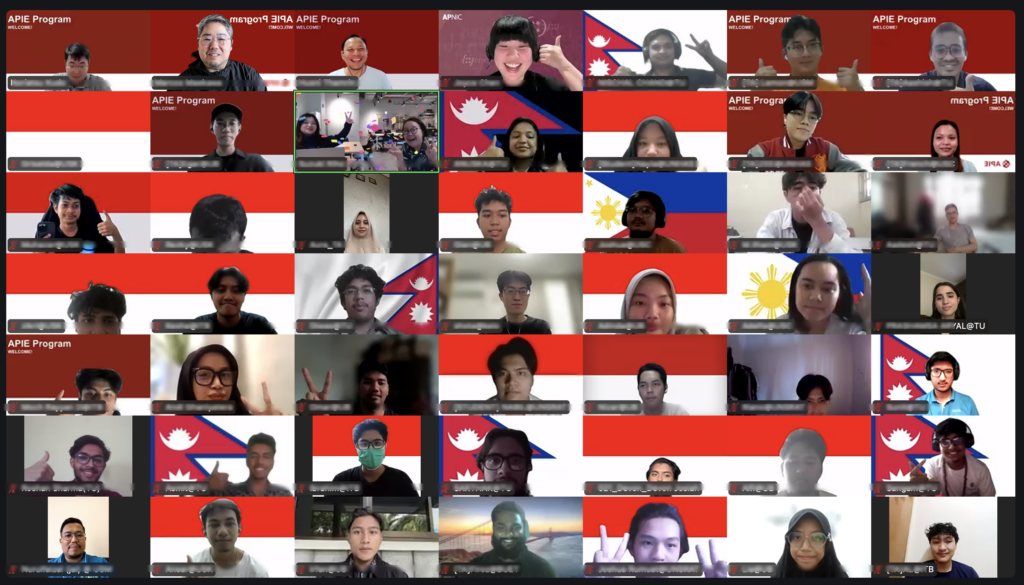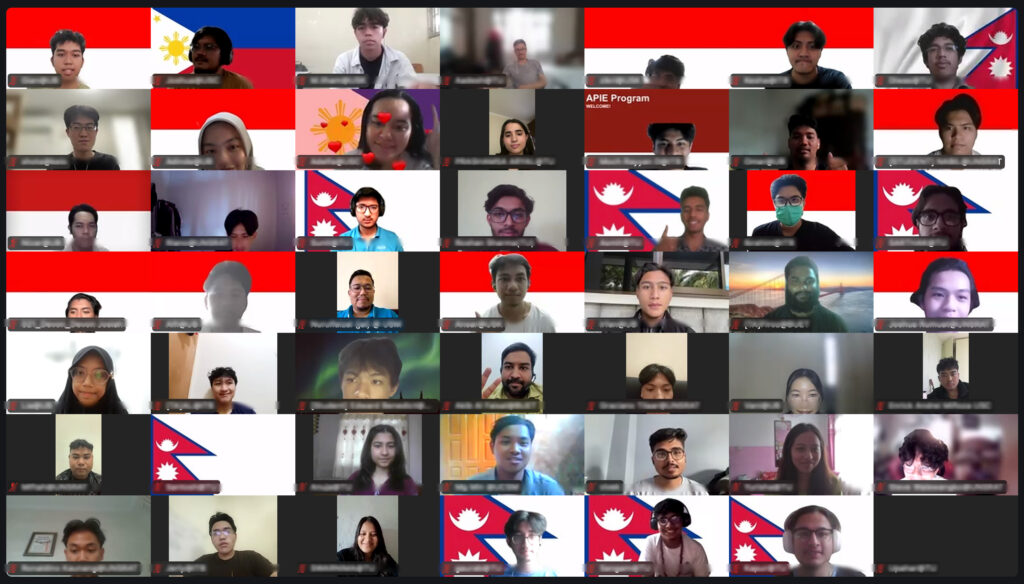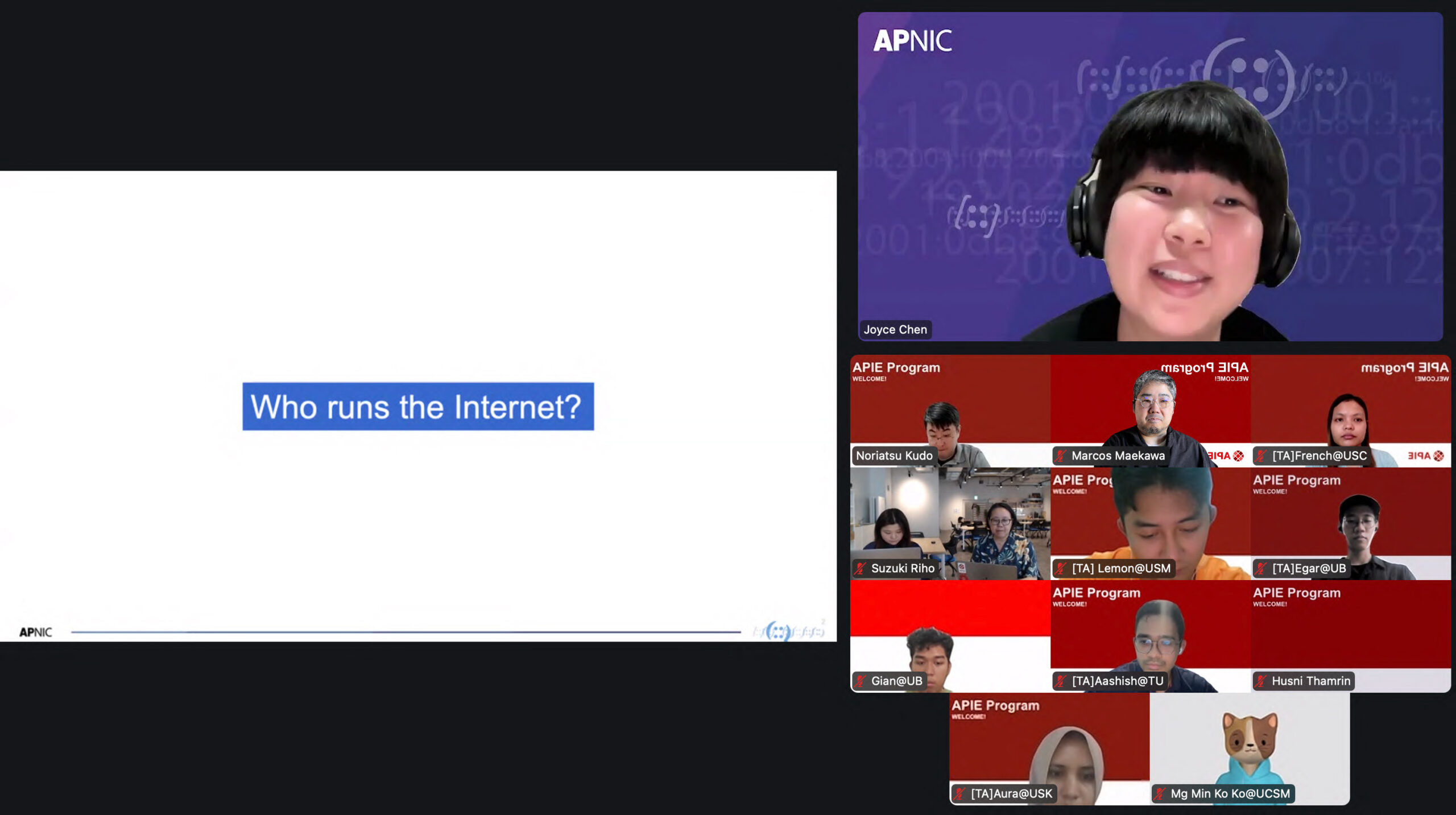On May 3, we wrapped up the core course activities for Batch 6 of the APIE Program with an inspiring e-workshop by Joyce Chen, Senior Advisor for Strategic Engagement at APNIC. Her session gave students a broad and engaging look into the world of global Internet governance—how it works, who’s involved, and why it matters.


This batch brought exciting milestones for the program. More than 600 registered learners joined the course, including strong participation of students from partner universities in Nepal and the Philippines. Batch 6 also welcomed new comers from Cambodia, Myanmar and Timor Leste.
We also saw our teaching assistants take an increasingly active role in promoting APIE within their universities, helping to build local momentum and support for future participants.
e-Workshops

In her closing session, Joyce Chen started with a fundamental question: “Who runs the Internet?” Following, she shared a summary of the history of the Internet, broke down the global Internet ecosystem, explaining key roles played by organizations like APNIC, IANA, ICANN, and others. She also shared insights from her vast experience on the topic and encouraged students to think critically about issues like access, security, and digital inclusion.
Throughout the course, learners had the chance to hear from other experts on a range of technical and policy topics:
- Network equipment, by Ooi Hoo Hong (Dell Learning)
- Research, Development and Operation of the Internet, by Hirochika Asai (WIDE Project)
- Internet security, by Korry Luke (Keio University)
Each session gave students a new lens through which to understand the infrastructure that keeps the Internet running—and the people and policies that shape its future.
What is next?
Learners who completed the core course are now eligible to apply for the next APIE Camp, which will take place in August 2025 at Universiti Sains Malaysia (USM) in Penang, Malaysia.
A huge congratulations to all the students who completed the course, and heartfelt thanks to everyone—speakers, staff and teaching assistants—who made Batch 6 another memorable chapter of APIE.

